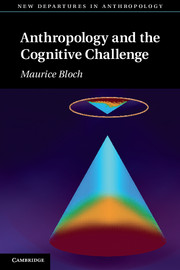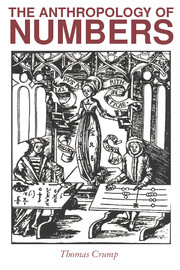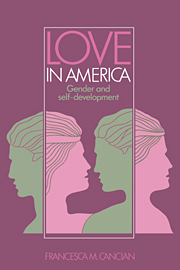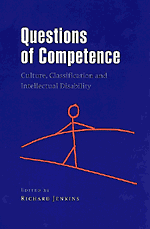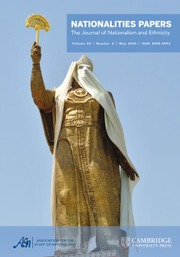Anthropology and the Cognitive Challenge
Part of New Departures in Anthropology
- Author: Maurice Bloch, London School of Economics and Political Science
- Date Published: June 2012
- availability: Available
- format: Paperback
- isbn: 9780521006156
Paperback
Other available formats:
Hardback, eBook
Looking for an inspection copy?
Please email [email protected] to enquire about an inspection copy of this book
-
This provocative new study one of the world's most distinguished anthropologists proposes that an understanding of cognitive science enriches, rather than threatens, the work of social scientists. Maurice Bloch argues for a naturalist approach to social and cultural anthropology, introducing developments in cognitive sciences such as psychology and neurology and exploring the relevance of these developments for central anthropological concerns: the person or the self, cosmology, kinship, memory and globalisation. Opening with an exploration of the history of anthropology, Bloch shows why and how naturalist approaches were abandoned and argues that these once valid reasons are no longer relevant. Bloch then shows how such subjects as the self, memory and the conceptualisation of time benefit from being simultaneously approached with the tools of social and cognitive science. Anthropology and the Cognitive Challenge will stimulate fresh debate among scholars and students across a wide range of disciplines.
Read more- A powerful, provocative new study from one of the world's leading anthropologists
- Introduces a range of work in the cognitive sciences that is relevant to a range of social scientists
- Relates the history of anthropology to important developments in science and politics
Reviews & endorsements
'Anthropology and the Cognitive Challenge is, in sum, an excellent little book that deserves to be read by all social scientists interested in the role of the mind in human affairs.' Thomas Wynn, Anthropos
See more reviews'I believe that Bloch offers a well-reasoned and balanced perspective on the divide between psychology and anthropology. Most psychological and cognitive anthropologists will find themselves nodding in agreement as they read.' Harold D. Green, American Anthropologist
Customer reviews
Not yet reviewed
Be the first to review
Review was not posted due to profanity
×Product details
- Date Published: June 2012
- format: Paperback
- isbn: 9780521006156
- length: 246 pages
- dimensions: 226 x 150 x 13 mm
- weight: 0.39kg
- contains: 7 b/w illus.
- availability: Available
Table of Contents
1. Why social scientists should not avoid cognitive issues
2. Innateness and social scientists' fears
3. How anthropology abandoned a naturalist epistemology
4. The nature/culture wars
5. Time and the anthropologists
6. Reconciling social science and cognitive science notions of the 'self'
7. What goes without saying
8. Memory.
Sorry, this resource is locked
Please register or sign in to request access. If you are having problems accessing these resources please email [email protected]
Register Sign in» Proceed
You are now leaving the Cambridge University Press website. Your eBook purchase and download will be completed by our partner www.ebooks.com. Please see the permission section of the www.ebooks.com catalogue page for details of the print & copy limits on our eBooks.
Continue ×Are you sure you want to delete your account?
This cannot be undone.
Thank you for your feedback which will help us improve our service.
If you requested a response, we will make sure to get back to you shortly.
×
